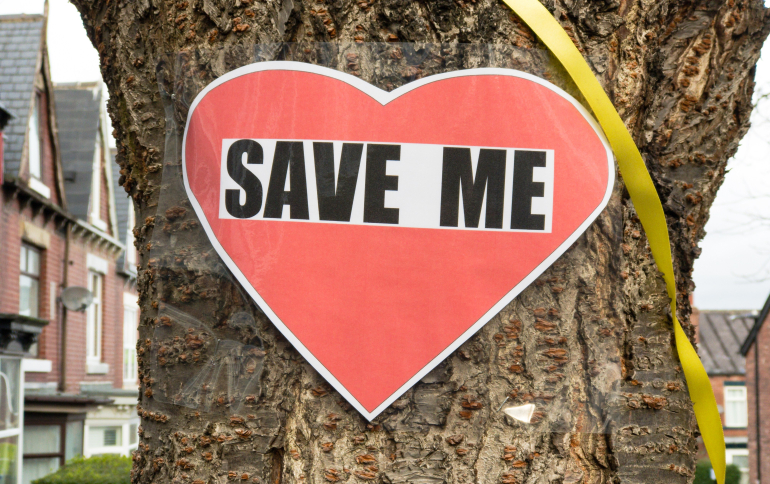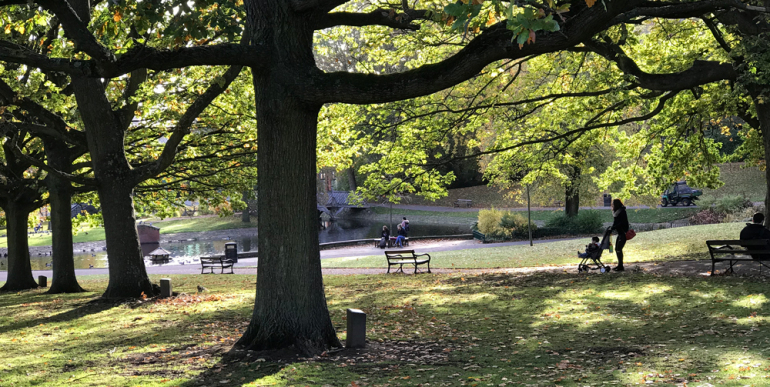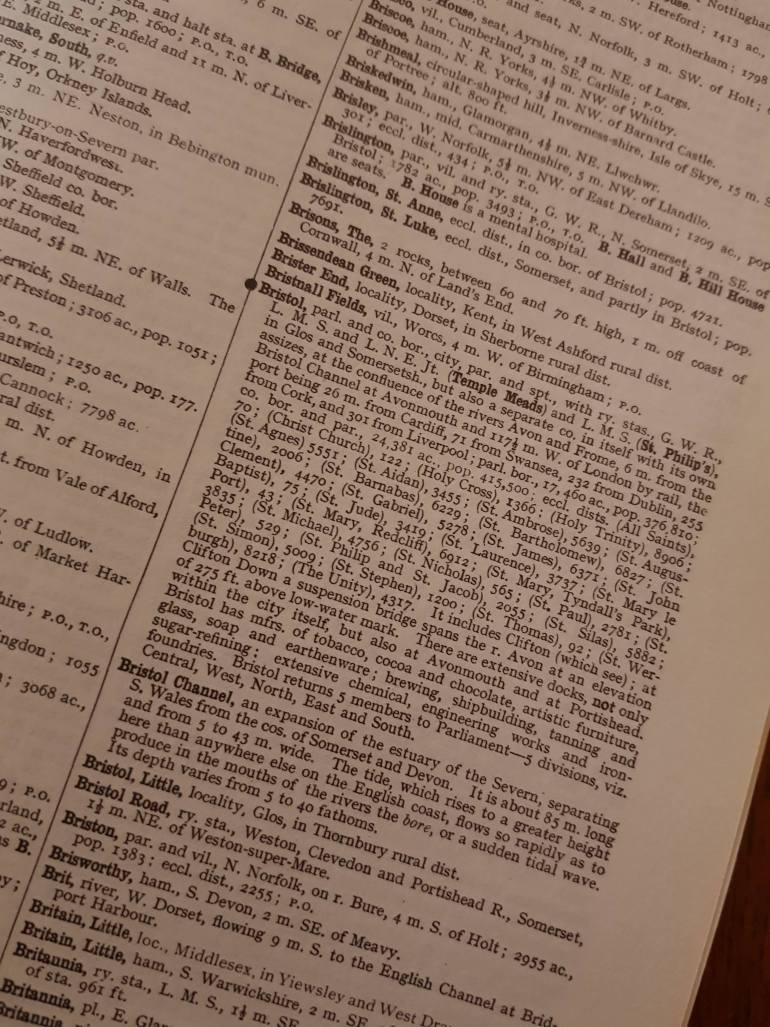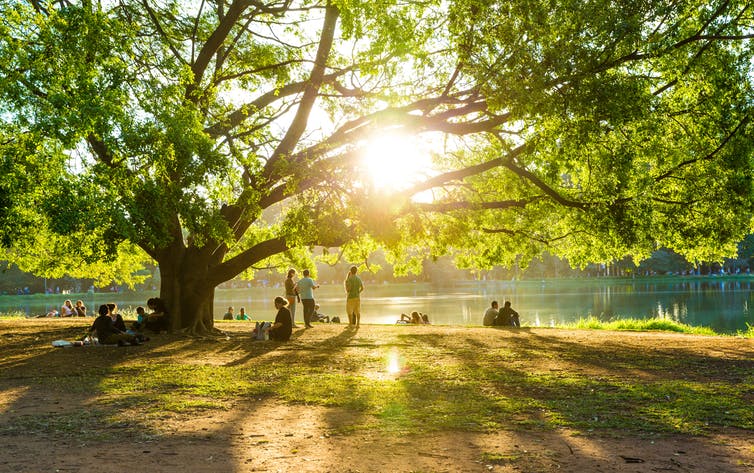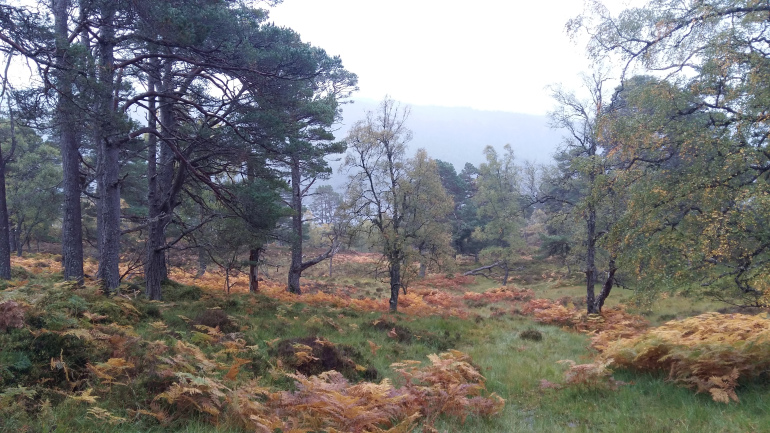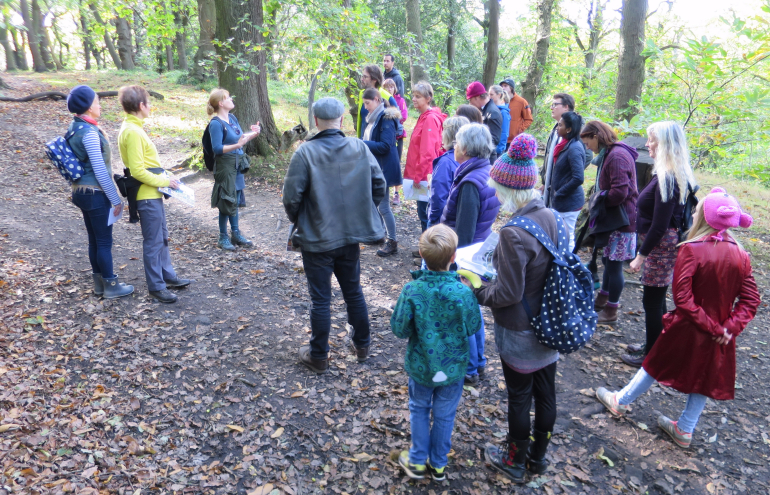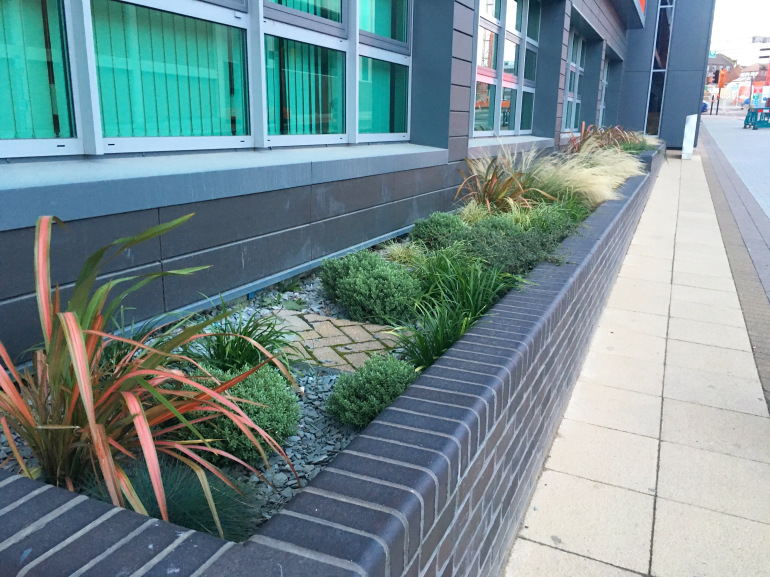
Siti Nur Hannah Ismail
At a recent Flower Show held in Chatsworth (The RHS Chatsworth Flower Show 2017), the Royal Horticultural Society and the Landscape Department designed a garden specifically to address the effects of climate change, The Garden for a Changing Climate. Various types of shrubs and low-growing plants were displayed in the garden to increase awareness of the need to adapt gardens to a changing climate. Selection was based on functional traits that contribute to reducing negative effects associated with extreme weather events, such as flooding. The displays were very popular, and attracted much attention from gardeners and visitors to the show - most saying that they would like to have these in their own garden because not only are they beautiful and colourful, but they can also help save the environment!
Displays such as this are made possible from results of focussed research. The PhD research presented here looked into the role of low-growing plants for rainfall interception. Aimed at contributing to the scientific knowledge that supports the application of small-scale green infrastructure in mitigating flood risks, this research investigated how different leaf traits affected moisture retention. Read more…
Like this:
Like Loading...

